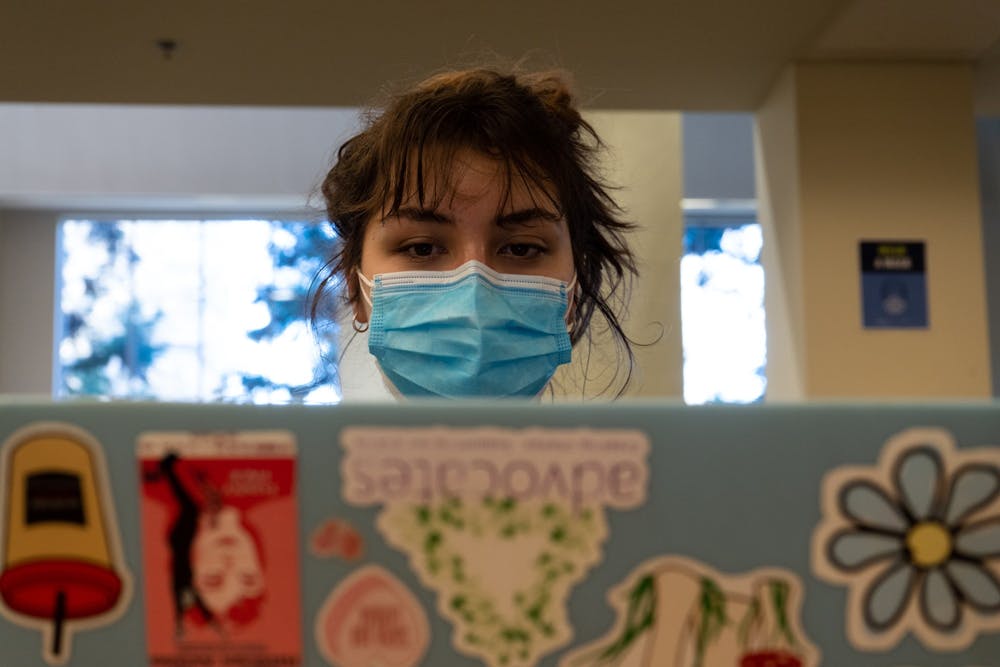As of Aug. 21, COVID-19 is no longer considered an automatic University Approved Absence by UNC. Instead, the UAA Office website indicates that "COVID-19 will be treated similarly to other respiratory or gastrointestinal illnesses."
This move is not necessarily surprising, as the University’s shelved its COVID-19 dashboard and the illness is no longer being considered a “public health emergency” by our state and federal governments.
This change, however, stands to remove the sense of caution around COVID-19 on campus, as well as signaling a lack of support for student wellbeing.
Added burden on students
The removal of COVID-19 as a UAA shifts the responsibility totally on students to navigate absences and missing instruction, even when they test positive for the virus.
Per the UAA Office, those with the illness should “work directly with their instructors” for COVID-19-related absences. As students, though, we know that some instructors are more inclined to work with us when it comes to balancing school and health difficulties. Others are less likely to deviate from the University’s Class Attendance Policy, which states that “No right or privilege exists that permits a student to be absent from any class meetings” with the exception of UAAs.
So, while the new policy says that students will not have to “disclose [our] personal health information”, those of us who get sick may still feel compelled to share in order to ask for lenience from more strict professors.
As a result, this change will put the onus on students to keep up, with no guarantee that instructors will be flexible with extensions and provide support to stay on track. The UAA Office encourages students to follow up with department chairs if no “reasonable alternative” is offered for missing class, but it is unclear what “reasonable” may mean. This lack of clarity can potentially lead to students having to spend more time and effort to just figure out whether or not they can be supported academically.
All of these steps pile on the challenges students face while dealing with a sickness. Furthermore, if students with COVID-19 are expected to take steps like self-isolation to take care of themselves and our greater community's safety, it cannot be simultaneously reasonable to also expect them to come to class. It is impossible to expect students to balance their own illness and school work, while also asking them to ensure they protect others from being infected.



